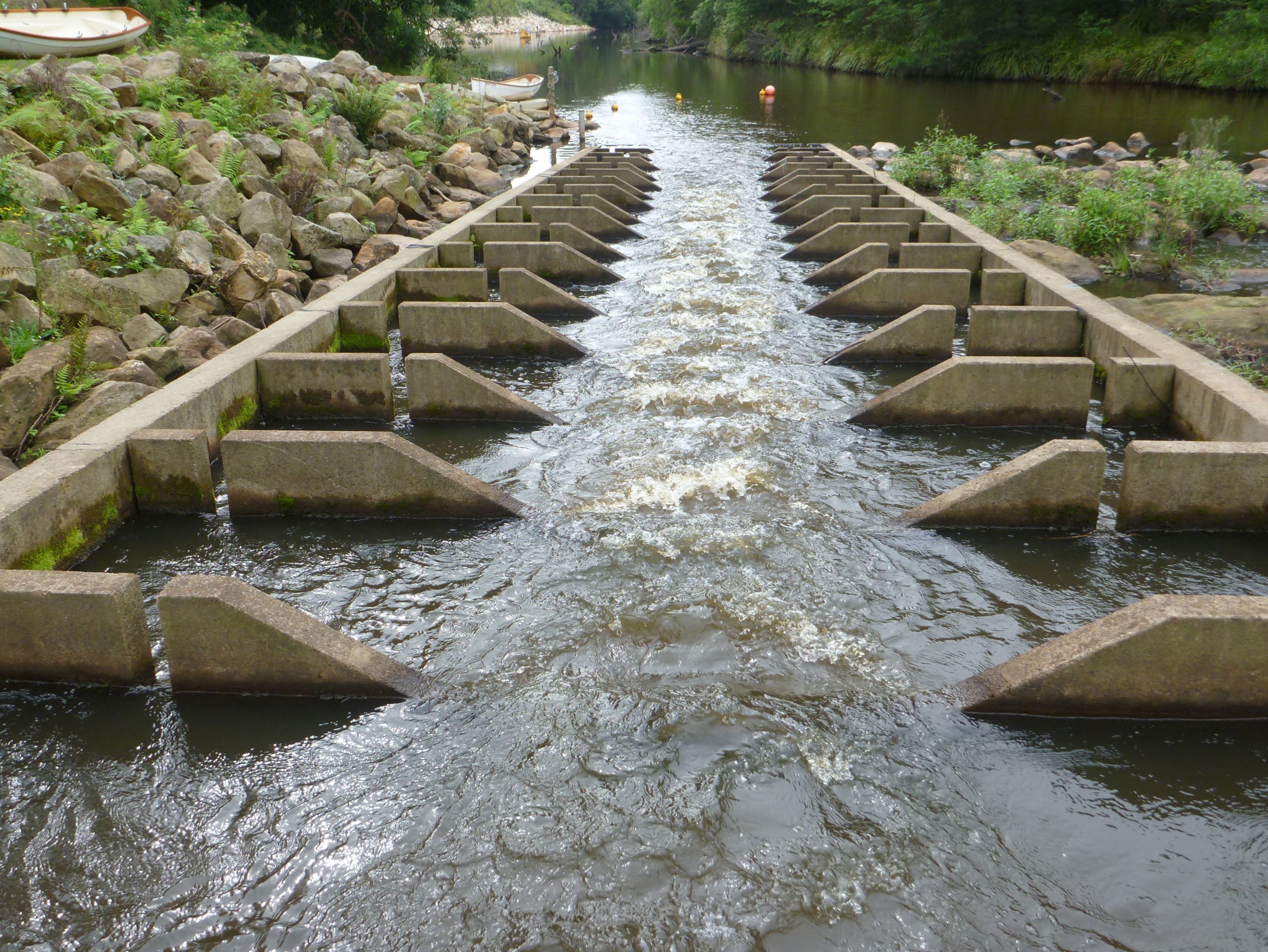Last week, 250 attendees at the siwłkʷ (WATER) FOR ALL – OUR RESPONSIBILITY Environmental Flow Needs Conference listened, shared, and discussed how to ensure water for fish, and everything else that depends on water.
The conference was hosted by the Okanagan Basin Water Board (OBWB) and the Canadian Water Resources Association (CWRA) – BC Branch at Kelowna’s Coast Capri Hotel, in partnership with Okanagan Nation Alliance. It brought together representatives from national and international organizations working in water management or research, including fisheries and water managers, First Nations, farmers, ranchers, regulators, policy-makers, academia, and NGOs. The topic: Environmental Flow Needs (EFNs).
“This was largely about relationship building because EFNs are such a complicated issue,” said Nelson Jatel, OBWB’s water stewardship director and conference co-chair. “We’re working today, not for us, but for our kids’ kids, and there’s no way to do that until we know our neighbours.”
Determining EFNs (or in-stream flow needs) have long been a source of conflict, trying to parcel out human versus environmental needs for water. In regions where significant demand or competition for water exists, such as the Okanagan, scientists, policy-makers, planners, and regulators are developing methods to determine appropriate EFNs. In part, this work is driven by the introduction of B.C.’s Water Sustainability Act in February 2016, which requires that EFNs be determined before granting any new licences for surface or groundwater extractions. This requirement creates the need for better science and dialogue among all water users to reconcile their needs and interests.
For two days, participants focused on this conflict and used a collaborative process to meet the challenge, integrating Syilx/Okanagan traditions, such as the Four Food Chiefs, traditional knowledge, and the dialogue process.
“Reconciliation is considered an abstract concept by many,” said Jatel. “This week’s conference was intended to bring Indigenous and non-Indigenous people together to understand each others’ perspectives and build collective vision.”
“I’ve attended, and MC’ed so many conferences,” saidAaron Derickson, a Syilx community leader and one of three event facilitators. “I was expecting just another conference to be honest, but what we got was such an incredible synergy of hope. For me, reconciliation is about healing the gap in understanding. Through this process, I witnessed people listening to each other.
Claudia Pahl-Wostl is a professor in resource management at the Institute for Environmental Systems Research (USF) at the University of Osnabrück, Germany was one of several distinguished speakers at the conference. According to Pahl-Wostl, it was the first conference of its kind that she has attended that integrated traditional Indigenous knowledge so prominently and effectively.
“I saw people open to speaking to new people, broadening their circle and perspective,” she said Pahl-Wostl. “What is clear is that addressing water concerns is not just a technical issue for hydrologists and engineers. It is also a governance issue and more importantly, we need to understand it as a social issue.”
In addition to the OBWB and CWRA-BC branch, conference organizing partners include: Okanagan Nation Alliance, B.C. Ministry of Forests, Lands, Natural Resource Operations and Rural Development, UBC Okanagan, BC First Nations Fisheries Council, WWF-Canada, and POLIS Water Sustainability Project.









